Media asset management solutions are changing the game by providing a new approach in how multimedia content and digital assets are handled on your site. Updating and regulating your media files is made easy with Drupal’s well designed Asset and Media Management Modules. Here is a fine selection of some of the best tools that will make managing media on a Drupal website a super easy experience.
The most important Media Entity Module is now part of core in Drupal 8. So if you’re already running Drupal 8, you might not need some of the below as Media entity already is a functionality bus in itself.
Scald
This is the module to effectively manage your social media updates, images, audio, video and even flash files for that matter. SCALD is known for its flexibility and ease of use within the Drupal interface. Here are some large production or media heavy sites with more than 500,000 media atoms:
- Radio Station Sites like France Info, France Inter, France Culture, France Bleu, FIP, or Radio Nova
- TV channels like ARTE
- Magazines like Santé Magazine
With nearly 3293 sites currently running this module. Stable releases for this module are covered by the security advisory policy.
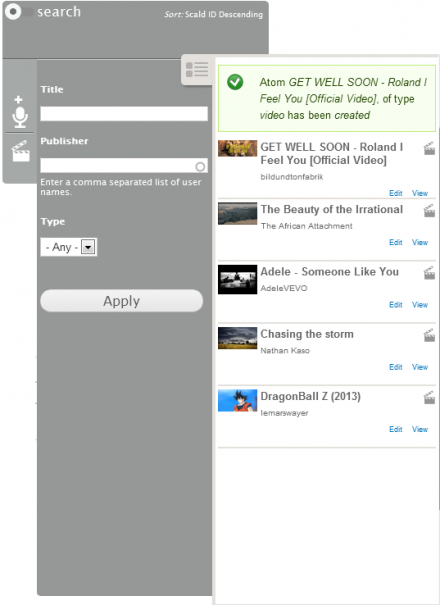
Youtube Field
The YouTube Field comes very handy by providing a field that lets you to easily add YouTube video content or any other Drupal entity. It brings a lightweight alternative to modules like Media and Video Embed Field. You can avail really amazing youtube videos of all sizes fit extremely responsively in your webpage.
This module is supported by Drupal security advisory policy and has nearly 40,425 sites using this module.
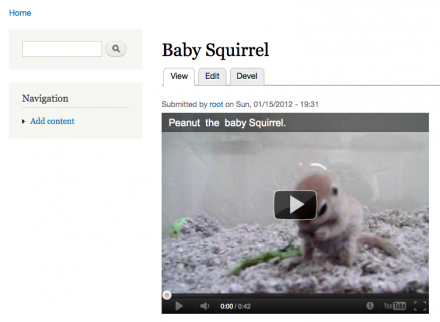
Video Embed Field
Video Embed Field simply creates a field that can be used to embed videos from Youtube and Vimeo. In addition to that, you are also provided with multiple options to customize the configuration of a video and decide on its style and appearance on the website. The thumbnails of each video can be retrieved via the field formatter.
Vimeo Video Uploader
The Vimeo Video uploader provides a great way to integrate the Vimeo APIs with your Drupal Website. This is simply another easy way to integrate the Vimeo APIs with a Drupal website. Facilitate your Vimeo video upload process by creating two fields during installation in the selected content type. After uploading the video, the Video Embed Field can be used to embed the video URL on a site. The stable releases for this project are supported by the Security advisory policy.
Asset
Reusing media files has never been easier before. The Asset module provides new entity called Media Asset and the set of Media Assets examples (Image, Video, Audio, Document, Image Gallery, Free HTML), which can be enabled optionally. Astonishingly, it also supports an integration with the CK editor.
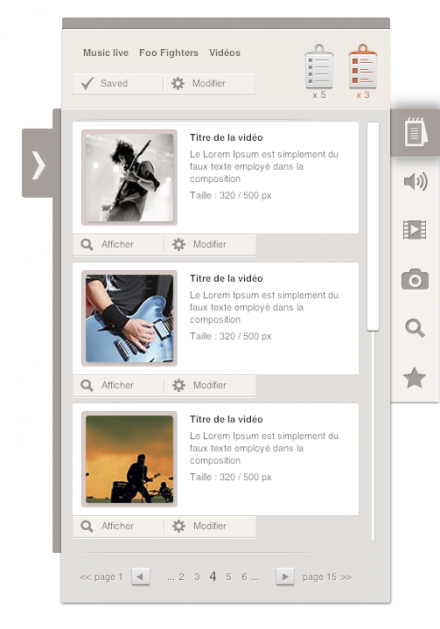
This module is currently being run by 1194 sites in total. Stable releases for this project are also covered by the Security Advisory Policy.
IMCE
The IMCE module apart from being a file uploader and edito, is also capable of supporting your directories and quotas. You can conduct various operations like uploading, resizing, creating, also supports your directories and quotas.
You can upload, delete, resize, create thumbnails swiftly using the IMCE Module.
You can even conduct AJAX file operations as well. Also, it supports inline image insertion by default.
All the stable releases for this project are also covered by Security Advisory Policy as it boasts nearly 424,160 sites using it.
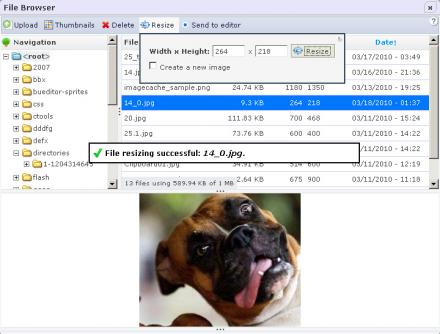
Media
The Media module provides an extensible framework for managing all the files and multimedia assets, regardless of whether they are hosted on your own site or a third party website. It is commonly referred to as the file browser of the internet.
The stable releases of this project are covered by the security advisory policy.
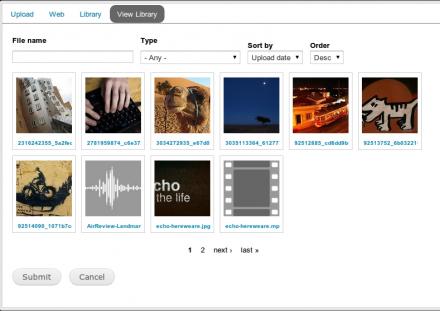
Pathed Files
This Pathed file module allows users with permissions to manage numerous miscellaneous files which can be accessed from any path within the website. Without cluttering your core code base, the Pathed files module allows you to create, organize and maintain the files from within the Drupal interface.
This module is also covered by the Security Advisory Policy.
Search API Solr Search
This module acts as a solar backend for Search API Module. Apache Solr serves as the engine for indexing and searching content. It boats great performance and multi-index searches & facets and operates flawlessly on large and commercial websites. However, this modules cannot function without the Search API module. Nearly 31820 sites currently use this module as stable releases for this project are also covered by the security advisory policy.
Facets
The facets module is for easing the creation and management of faceted search interfaces by site builders. Themers and module developers can create custom widgets as per their choice in addition to the user interface which comes out of the box in Drupal 8. The facet module works with Drupal core search and Search API. This module is only meant for Drupal 8 and above with 8277 sites currently running this module as it is covered by the security advisory policy and maintained well by its maintainers.
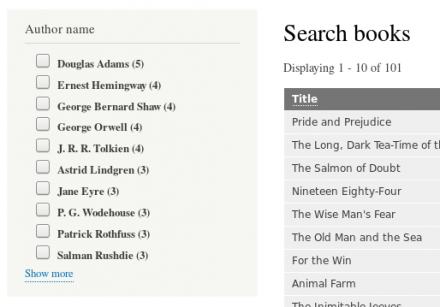
Disqus
The Disqus module makes a neat integration to any Drupal property. It provides you the communication medium required to interact with the community or customers who are reading your content in real time. The ability to add and respond to comments from visitors along with their respective profiles makes community engagement easier on websites than ever before. Nearly 14010 sites use this comment platform as it receives stable releases from the Drupal security advisory policy.
Advanced CSS & JS aggregation
Advanced CSS and JS aggregation module helps you render your website faster to visitors. All the CSS and JS media files are prepared for quick render with the help of advanced caching on the respective browsers.
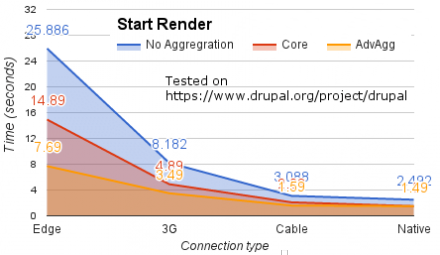
Workbench Moderation
The workbench moderation module adds arbitrary moderation states to Drupal node published and unpublished statuses. Workbench moderation moderates revisions to the content on the node. Also, all the moderation states are tracked per revision rather than moderation of nodes individually. This module was later introduced in Drupal 8 core as Content Moderation.
With 28285 lives Drupal websites using this module, it has been more than quite helpful. Alongside, it’s stable releases are also supported by the Security Advisory Policy.

Meta Tag Module
The Metatag module allows you to automatically provide structured metadata throughout the website. Meta description tags help you provide the required information to the users in a very appealing way. In the context of search engine optimization, meta tags mean meta descriptions and meta keywords which help in pushing your page rank on the SERPS. In addition, the module provides support for meta tags (Open Graph Protocol from Facebook, Twitter Cards from Twitter) that allow control of how content appears when shared on social networks.
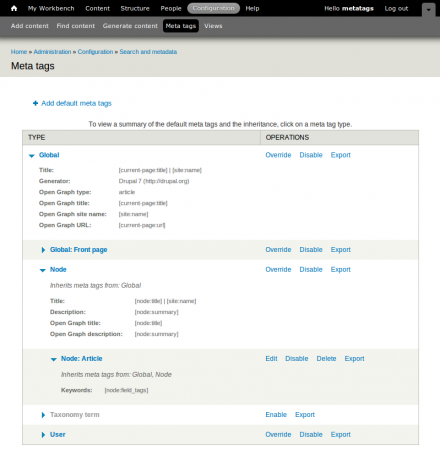
These modules are revolutionizing the way media companies handle content circulation. They make it easy and organised to load more features on the webpages. From uploading videos to asset management. Drupal has got a lot in stock for you and it is expected to evolve in a much better way over time. You should reach out to us at [email protected] for any queries regarding media web properties.
Subscribe
Related Blogs
Drupal's Role as an MCP Server: A Practical Guide for Developers

"The MCP provides a universal open standard that allows AI models to access real-world data sources securely without custom…
What’s New in Drupal CMS 2.0: A Complete Overview
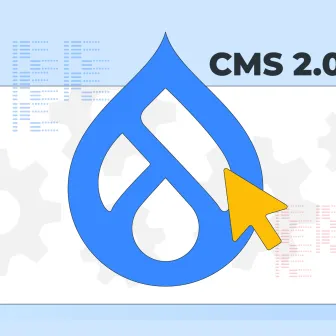
"Drupal CMS 2.0 marks a significant change in the construction of Drupal websites, integrating visual site building, AI…
Drupal AI Ecosystem Part 6: ECA Module & Its Integration with AI

Modern Drupal sites demand automation, consistency, and predictable workflows. With Drupal’s ECA module, these capabilities…




